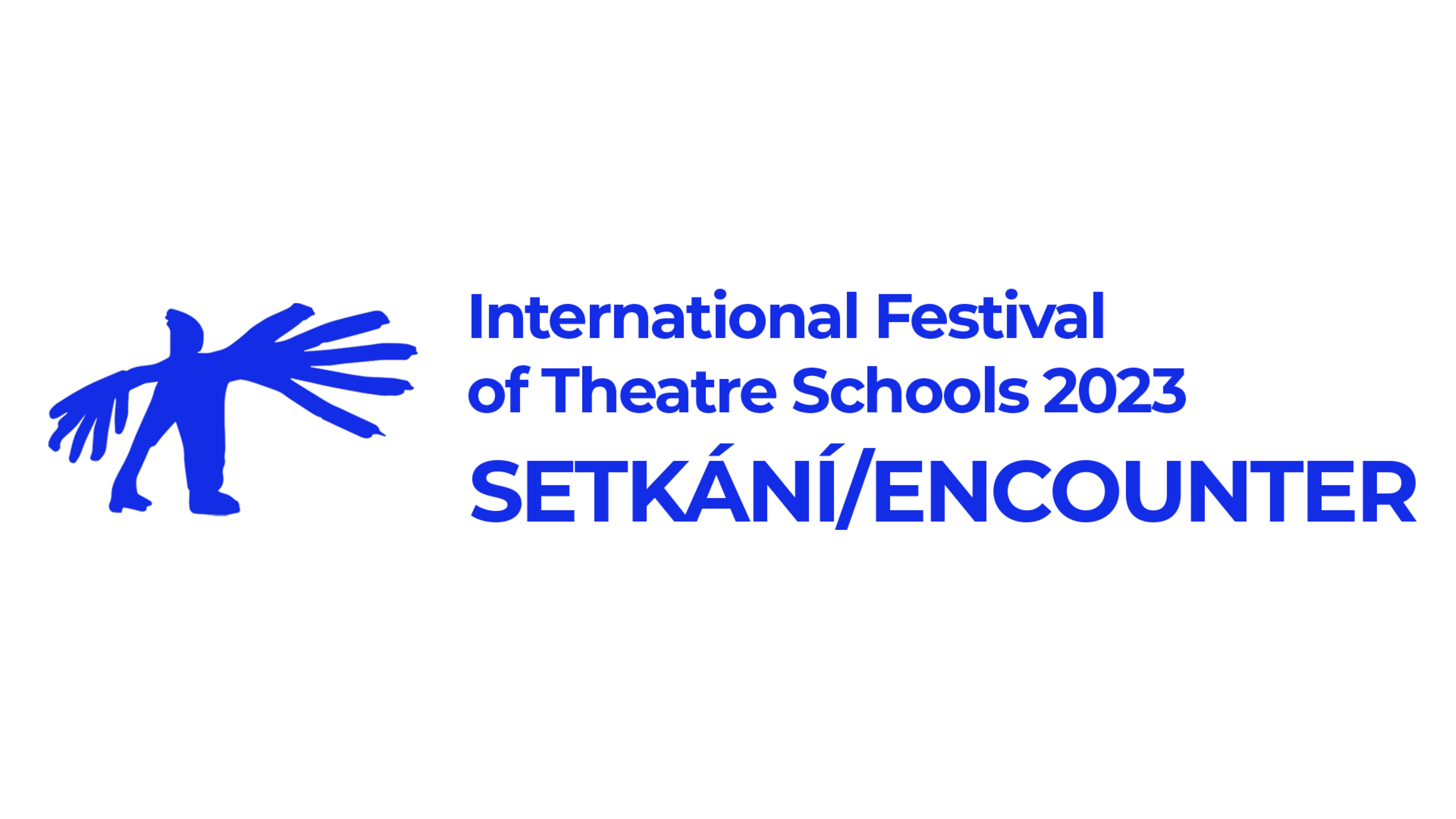
A Competition of the Muses and Chopin's Spirit: a Fresh Start to the Encounter Festival
The students of the Academy of Theatre Arts in Krakow brought timeless themes - competition, passion, rivalry, renunciation, and discipline - to the opening day of the festival with their fresh production. These themes formed the main axis of the play, whose plot revolved around a competition between the world's best pianists. Their imaginary ideal was the Polish pianist Fryderyk Chopin. The spirit of this brilliant pianist guided the entire play from beginning to end, in a way that could undoubtedly be described as distinctive and original.
The play was characterised by the suppression of the epic element - if one expected a tension-filled story involving the conflicts of ambitious pianists at a world competition, one would probably have been disappointed. Instead of focusing on individual characters and a linear plot, the production concentrated on playing with archetypes, genre eclecticism involving a musical component, and portraying the general problems that the competition presented to individuals.
But these problems went beyond the rivalries associated with the performing arts and touched on broader life dilemmas. Through the monologues of these individuals (serving as prototypical pianists) vying for victory, the message was: behind every success there is a thorny road, pressure from mentors - whether parents or teachers -, self-doubt and the cyclical alternation of the ups and downs of the self-confidence that is necessary to win a competition. However, the fragments of the pianists' stories began to coalesce into one overall arc, and by the end of the performance this could feel repetitive. This may have been deliberate, however, to show that the differences between the pianists were in fact minimal, and to emphasise what unites them rather than what sets them apart. The actors’ interpretations of the characters were nonetheless distinctive - each actor came up with an exceptional performance and it was clear that the ensemble really enjoyed the play.
A higher degree of personality was most evident in the comic performances, but also in the stories of the pianists who were struggling with some form of disadvantage. For example, a female character wondered whether she could really afford to be like Chopin and then be criticised for her lack of femininity. Elsewhere, the audience witnessed discrimination and ridicule because of poverty in the pianist's family or because of his race. The play thus brought the theme of inclusion into the plot.
The breaking of the fourth wall, when the actors' eyes turned to the first row of spectators with a question, can definitely be considered an original element: "If you could ask Chopin anything, what would it be?" From the audience came the question, "How did you do it?" The ensuing evocation of Chopin's spirit underscored the play's ability to change the atmosphere and confirmed how unafraid the play is to be humorous and dynamic. Chopin's ghost actually appeared on stage to accompany the musical performance of one of the contestants, who was said to be possessed by the ghost of a woman from the famous pianist's past. However, before the ghost left for the beyond again, it was reminded to answer the question posed - a moment that also showed an effort at improvisation.
Overall, it was a great choice to have the Polish ensemble perform on the very first day of the festival. I dare speak for most of the audience (and the numerous standing ovations only confirmed this) when I say that it was a fresh and playful choice that helped to get the whole festival moving.


